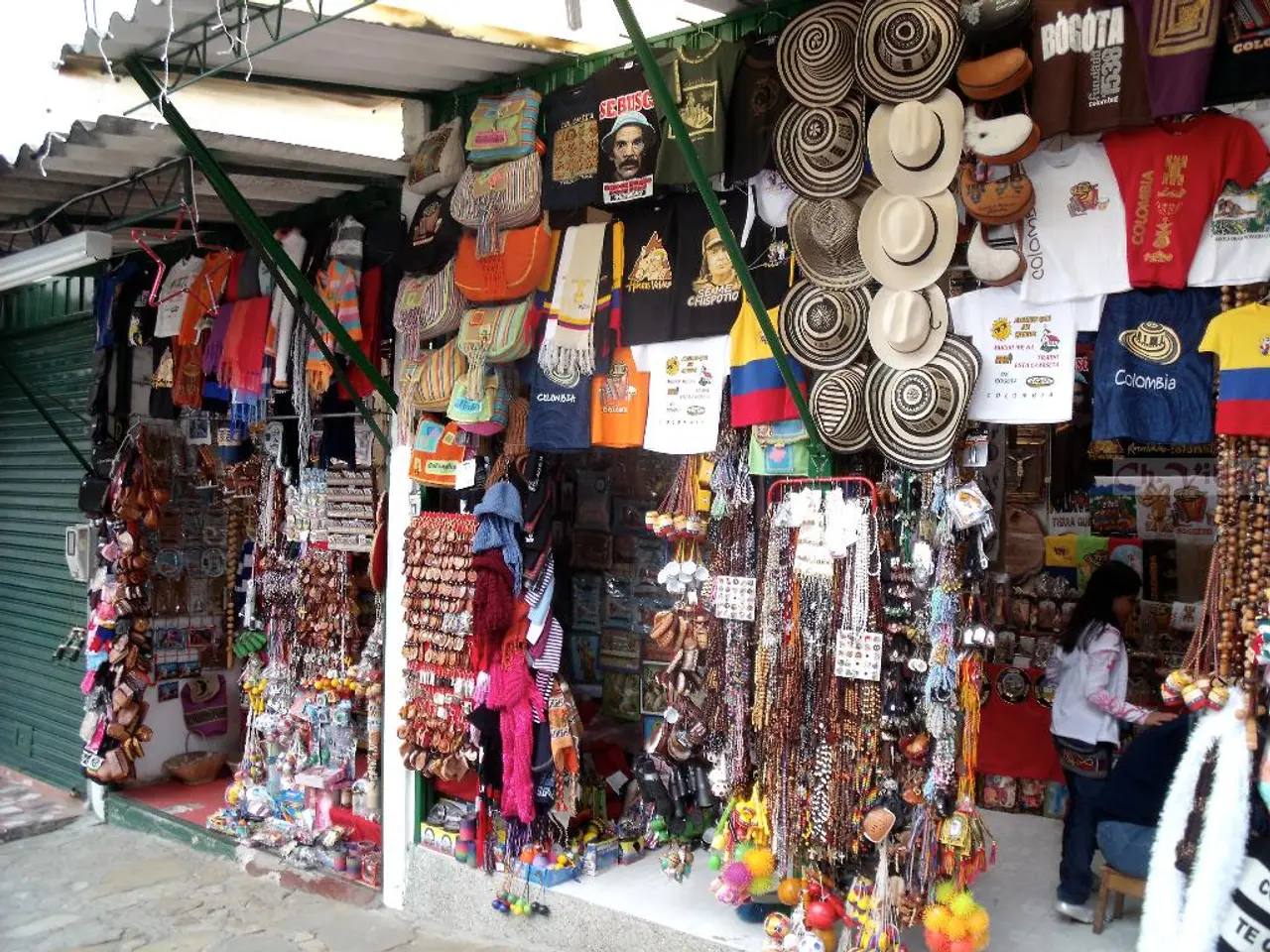Restricted Access: In Prison, Acquiring Feminine Hygiene Items May Be Challenging
In the United States, the issue of access to feminine hygiene products for incarcerated women remains a contentious and pressing matter. While some states have made significant strides in ensuring these essential items are readily available, others continue to grapple with legislative barriers and implementation challenges.
Take Maryland, for instance, where a law passed in 2018 mandates that correctional facilities provide a sufficient supply of feminine hygiene products at all times. The warden believes other states and local jurisdictions should follow suit, citing the importance of ensuring incarcerated women have access to necessary products. This push for change was spurred on by Kimberly Haven, who, after being released from prison, advocated for the passage of the 2018 bill. Haven shared her harrowing experiences of fashioning makeshift tampons and the horrors of what can happen without access to necessary products. Tragically, her punishment for a crime in Maryland included a forced hysterectomy due to lack of access to feminine hygiene products while incarcerated.
However, the story does not end there. Critics argue that this mandate can be weaponized against the women, while records show examples of indifference to their problems when they asked for supplies. In some cases, women have had to wait for days to access period products, and in some extreme cases, have been forced to trade sex for a tampon.
The situation varies across states. Virginia, for example, requires that feminine hygiene items be provided to female inmates upon request and free of charge. Ohio recently passed a law mandating free menstrual products for incarcerated people in all its correctional facilities. In contrast, states like Nevada, Ohio, and Texas do not have a state law regarding feminine hygiene in prisons and jails.
Less than two dozen states detail the types of feminine hygiene products that will be made available, and even where policies exist, the actual provision can be delayed or limited. Homemade tampons, created out of necessity due to delayed or dismissed requests, can introduce bacteria and create risks due to the materials used, the environment, and the handling of them. Some states only provide sanitary napkins, while others limit the number of supplies women receive each month.
Advocates continue pushing for comprehensive menstrual equity laws to ensure dignity and health for incarcerated women nationwide. Miriam Vishniac, a post-graduate researcher, created The Prison Flow Project to advocate for access to period products and serve as a database of resources for incarcerated women and their loved ones. As of January, only 31 states had a law or a written policy to address feminine hygiene products in prisons, with nine states providing incarcerated women access to period products at any time.
The struggle for menstrual equity in prisons is far from over. It is a fight for dignity, health, and basic human rights. As we move forward, it is crucial that we continue to advocate for comprehensive policies and push for their implementation to ensure that every woman, regardless of her circumstances, has access to the essential products she needs.
[1] Virginia Administrative Code (6VAC15-40-770) [2] The Marshall Project [3] Massachusetts Senate Bill S.2156 [4] The New York Times [5] Ohio HB29
Read also:
- Explored the Popular Health Assessment with a Queue of 100,000 Aspiring Participants - Here's My Unadulterated Opinion
- Hearing impairment condition: Recognizing symptoms and management approaches
- Exploring Recurring Actions in Mature Individuals: An Analysis of Persistent Actions in Adults' Daily Lives
- Signs of Cataracts Emergence: Impact on Vision and Further Details





